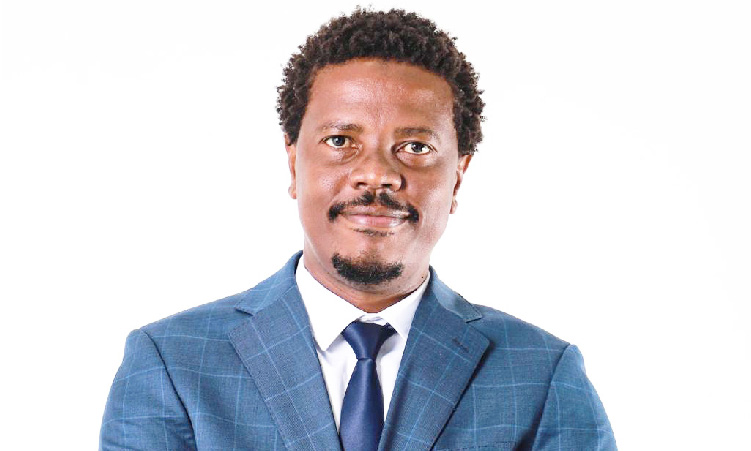Young professionals and middle- to low-income earners in Namibia cannot afford to buy a house.
This is because they earn less than the N$30 000 needed to be able to buy a N$1-million house in Windhoek.
The average three-bedroom house in the capital costs roughly N$1,2 million in areas of high and medium density.
Economists Salomo Hei and Josef Sheehama say an employee with a gross salary of N$36 123 would qualify for a N$1-million bond.
Sheehama says few young people in Namibia earn this kind of money.
Hei says the monthly instalment on a N$1-million house before construction is N$10 664, N$8 678 during construction, and N$11 361 afterwards.
“Many Namibians, particularly those in the lower-income brackets, struggle to access mortgages due to stringent lending criteria,” he says.

The average size of a standard house is 300m2, according to the City of Windhoek.
The average cost of a house per square metre in Windhoek’s affluent suburbs is no less than N$8 184, while Katutura is priced at N$3 708.
According to these statistics, an average 300-square metre house in Katutura would cost roughly N$1,1 million, while a similar house in Klein Windhoek would cost about N$2,5 million.
Hei says the value of a property is essentially determined by looking at its size and comparing it to its actual price.
“Once you’ve got the price, you will be able to divide that into the size of the property under the roof. This means you pay more in affluent areas,” he says.
The economist says the value of houses in affluent suburbs includes factors like the assumption that they are in a better area, as well as levies, among others.
“One of those factors could be the excavation you need to carry out before you start building, and that becomes part of the final price. So, you pay a more in affluent areas precisely for that reason,” Hei says.
He says National Housing Enterprise houses at Ongos and Gobabis are definitely not low in cost, because the square metre here is on the high end.
Sheehama says although demand for housing in Windhoek has dwindled, prices remain high.
“Borrowers’ ability to repay mortgage loans or afford a decent home has been impacted by rising mortgage lending rates,” he says.
“For the majority of young individuals desiring to purchase a home, cost is a major barrier,” he says.
Sheehama says more land needs to be serviced to make housing affordable.
“Enough land must be serviced to bring down the price of property,” he says.

Speaking at Old Mutual’s housing launch yesterday, the minister of urban and rural development, Erastus Uutoni, said land sold to private developers drives housing costs up.
“The local authorities have been selling serviced and unserviced land to private property developers who have built housing units that are often unaffordable to the many needy,” he said.
“Moreover, the available serviced land and housing units are often pricey due to the high cost of inputs,” he said.
Uutoni said another factor is limited housing financing facilities, especially for low- to middle-income earners.
“Various studies have revealed that a large percentage of Namibian households do not have access to conventional home loan facilities,” the minister said.
According to the latest PSG market report, the current repo rate stands at 7,50%, and the prime rate at 11,25%.
Popular Democratic Movement (PDM) member of parliament Maximalliant Katjimune says Namibia’s housing market is anti-young and anti-poor.
“It’s a ticking time bomb . . . and that is why the PDM manifesto proposes a number of radical policies, such as ‘One Namibian, One Plot’ to break this housing deadlock,” he says.
Stay informed with The Namibian – your source for credible journalism. Get in-depth reporting and opinions for
only N$85 a month. Invest in journalism, invest in democracy –
Subscribe Now!









